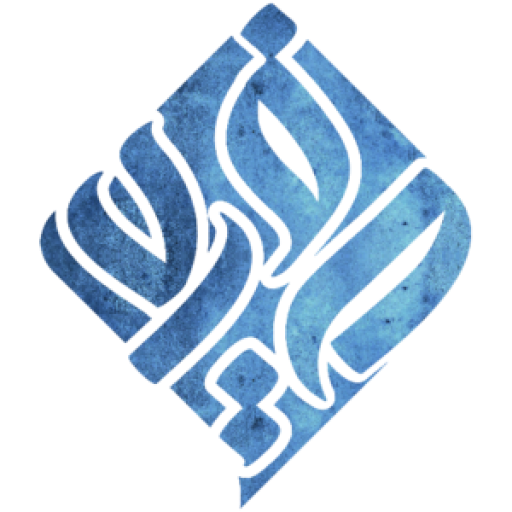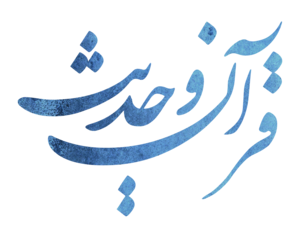
1. QUR’AN
QUR’ANIC VOCABULARY AND EXEGESIS
QUR’ANIC STUDIES
The goal is to be able to understand and explain most of the Qu’anic verses with no translation or commentary and to know the main sources of different Qur’anic sciences.
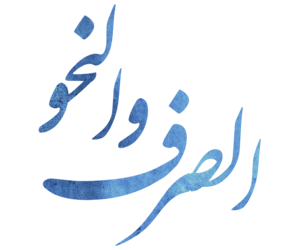
2. ARABIC PROFICIENCY
QUR’ANIC AND CLASSICAL TEXTS
FAMILIARITY WITH RHETORIC (`ILM AL-BALAGHAH)
The goal is to be able to read and understand contemporary and classical Arabic texts.

3. RATIONAL DISCIPLINES
LOGIC
PHILOSOPHY AND EPISTEMOLOGY
The goal is to learn the needed skills for thinking critically and logically.
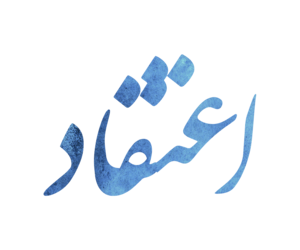
4. CREED/THEOLOGY
A FULL SURVEY OF ISLAMIC BELIEF SYSTEMS
INTRODUCTION TO COMPARATIVE THEOLOGY
The goal is to know and understand the main sources of the Islamic creed and to be able to engage in a dialogue with other Islamic schools and faith traditions.

5. HISTORY OF ISLAM
PROPHETIC HISTORY
BIOGRAPHIES OF THE TWELVE IMAMS
BRIEF ACCOUNT OF CONTEMPORARY HISTORY POST MAJOR OCCULTATION ERA
The goal is to establish knowledge about prophets and imams and also to know the major historical events related to Islam.
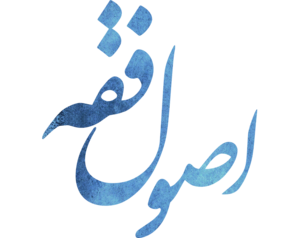
6. ISLAMIC LAW
LEGAL THEORY (`ULM AL-USUL)
POSITIVE LAW (AL-MASA’IL AL-MUNTAKHABA)
FIQH (ISTIDLALI)
The goal is to establish knowledge about prophets and imams and also to know the major historical events related to Islam

ELECTIVE COURSES

In line with the goal of having qualified and productive scholars fit with Western communities, it is important for
the students to be equipped with educational seminars which cover other sciences and disciplines, such as:
`ULUM AL-AKHLAQ (ETHICS)
`ULUM AL-HADITH
HISTORY OF THE PROPHET, INFALLIBLE IMAMS, AND ISLAMIC CIVILIZATIONS
WORLD RELIGIONS
GNOSIS (`IRFAN)

IMAM/RELIGIOUS LEADER
TRAINING

MAS, as part of its Howzah program, to address the burgeoning need for leaders/Imams/clerics in the mosques/Islamic centers across North America, has included the following academic areas and courses. The focus of this tailoring is to accouter the individuals with the skills so they can effectively navigate the current social, civic and religious landscape.

1. RUNNING A HEALTHY MOSQUE (2 CREDIT)
A religious leader can play a vital role in the progression of a religious organization by building and mentoring a team of cohered members. In this academic module, the students will learn about the various organizational structures and the strategies involved to run those organizations. This course will include instructions on the following topics:
Conflict resolution
Operational skills
Financial management
Press and media issues
Advanced preaching: (Youth building, Running a Full-time Islamic Schools or a weekend School, after school activities, Bookclubs, etc.)

2. COUNSELING SKILLS (3 CREDIT)
Imam/cleric/religious leader in its role needs to be well versed to perform various kinds of counsellings to address the needs of individuals and families. This course will train the students in the following areas:
General counseling skills
Anger and stress management therapy
Marriage counseling psychology
Mediation skills
Anxiety and depression counseling
Teenage and puberty counseling

3. CHAPLAINCY ( 2 CREDIT)
Alongside imam positions, Muslim chaplains are also increasingly in demand to serve in universities, hospitals, prisons, and other civic institutions. MAS will offer a course in collaboration with the licensing institutions to help its students to obtain the required certification to pursue chaplaincy as a career.

4. FAITH IN ACTION ( 3 CREDIT)
The goal of this course is to focus on the areas related to Muslim’s socio-cultural life in the United States of America. Students will be trained to encourage the communities to take an effective role in society to be productive and beneficial to other fellow citizens. The following topics will be discussed in this course.
Government and its structure
Citizenship and its responsibilities
Participation in elections
Non-for-profit organizations
An introduction to Inter and intrafaith dialogue
Building bridges skills
